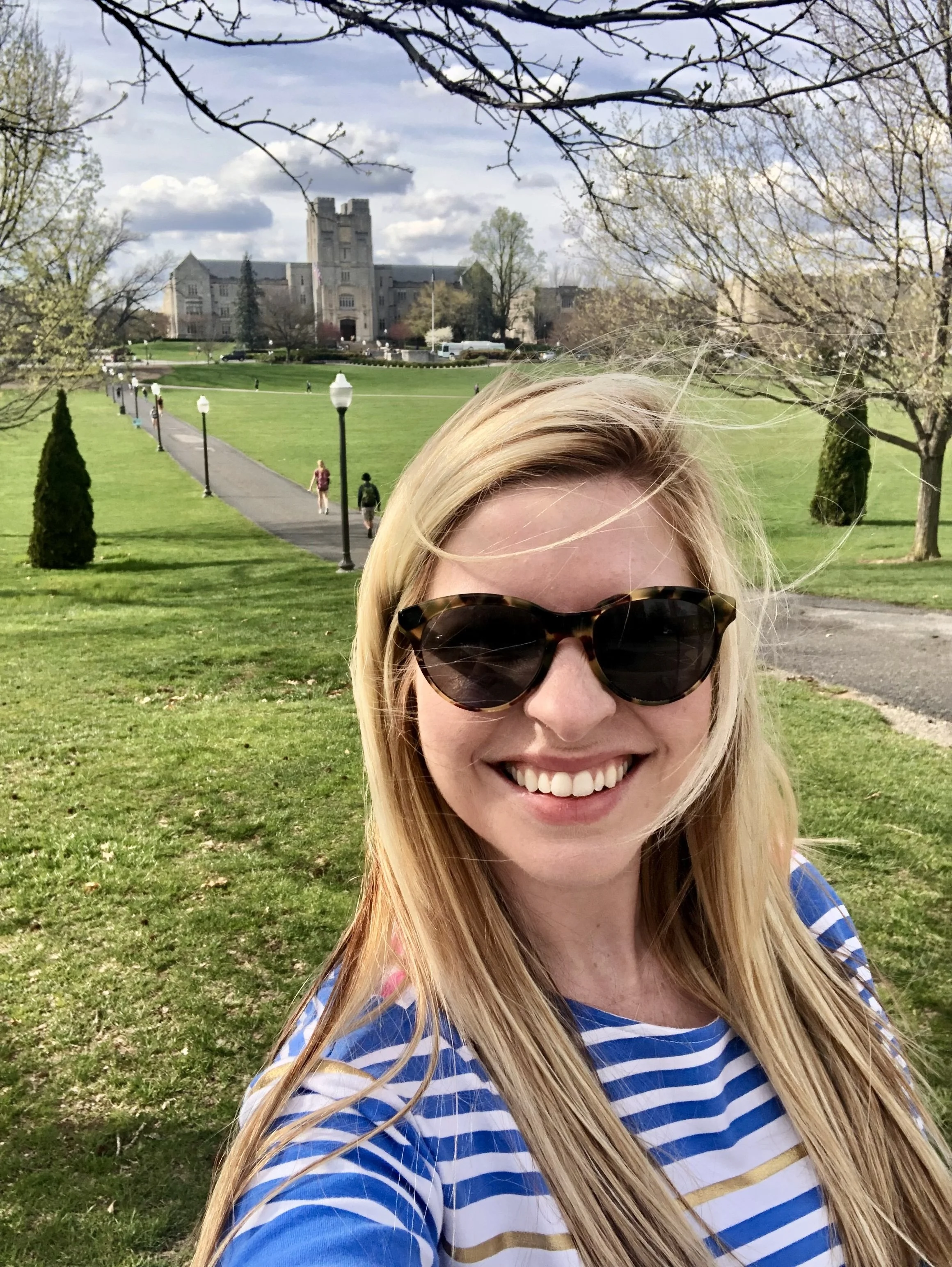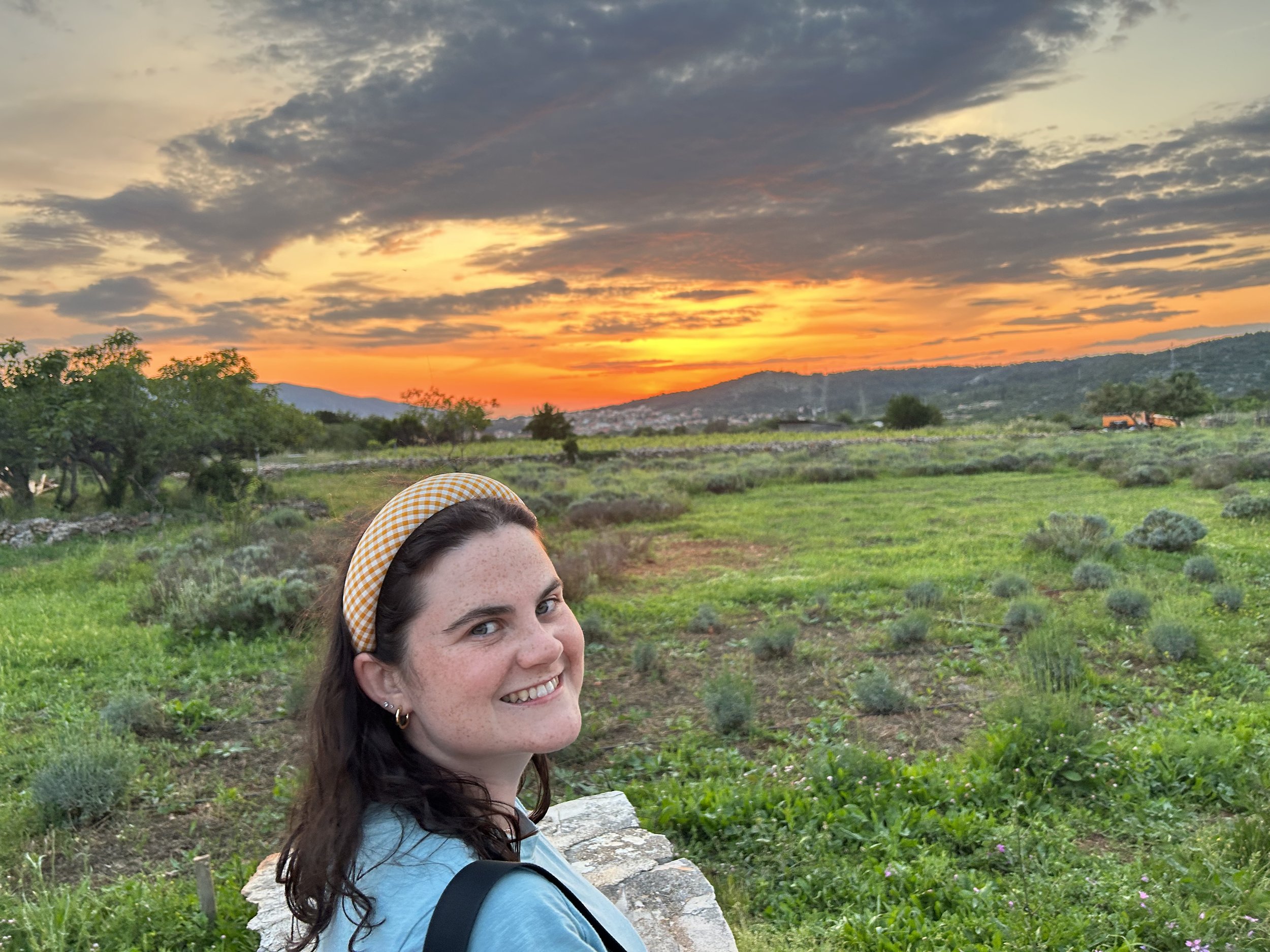It’s been a minute! We hit such a good posting rhythm over the summer — and then application season swept in and two months flew by. Now that nearly all of our seniors have submitted their final applications, it feels like the perfect time to pause and share some observations.
Q: Which school had the most fun essay to review this year?
A: Colorado School of Mines, hands down. Actually, this was the essay that inspired this blog post. Their “Which element describes you and why?” prompt was clever, on-brand, and gave students real room to be creative. We don’t often see applicants there, but we had two this year — and both of their essays really impressed me. Huge credit to our essay coaches for helping those responses sparkle.
Q: Which school’s essays did students have the most trouble with this year?
A: Virginia Tech — and honestly, this happens every year. They pack so many sub-questions into four prompts, each with only 120 words. It’s nearly impossible for students to cover everything meaningfully in so little space. The “inclusion” question is especially tough, although maybe that’s a good sign if students struggle to find examples where they were not being included! I just wish Tech would either expand the word count or refresh the prompts altogether. Families are usually surprised at how challenging these are, and we spend a lot of behind-the-scenes time editing once the students are done. Look at how many components are included in this question: it’s a lot to fit in 120 words.
“Virginia Tech’s Principles of Community supports access and inclusion by affirming the dignity and value of every person, respecting differences, promoting mutual understanding and open expression, and strives to eliminate bias and discrimination. Have you had an experience when you or someone you know were not being included? Did you reach out to anyone for assistance, direction, or resources? Were you able to affect change and/or influence others? Did this experience change your perspective and if so, how?”
Q: Which school’s non-essay supplement was the worst to complete?
A: The University of Alabama. At first, you might think it’s easy — no essays! But you’d be very, very wrong. Their supplement essentially recreates the Common App activities section, but with endless extra math and calculations. It’s tedious, redundant, and eats up hours. I spent an entire train ride from D.C. to New York proofreading and fact-checking one Alabama application. Please, Alabama — just use the Common App activities section like everyone else. That’s what it’s there for.
Q: Which prompt left us feeling guilty?
A: Villanova’s “new home” essay. We read so many beautiful, heartfelt responses from students who logically can’t all choose Villanova — but their essays were so persuasive we almost (almost) felt guilty about how convincing they sounded to admissions officers. Sorry, Wildcats — just doing our job!
Q: Which schools made us hungry?
A: Chapman University and the University of Southern California. Both schools asked about favorite snacks this year — and our students delivered. We saw everything from Takis and Trader Joe’s chili-lime chips to bubble tea and mochi. Chapman’s short-answer section made it clear how much personality can shine through in 150 characters, while USC’s snack question turned into a window into comfort, culture, and identity. By November, our essay coaches were debating their own snack choices — purely for research purposes, of course.
Q: Which essay were we saddest to see disappear?
A: Penn State’s optional personal statement. My guess is that they dropped it to lower barriers and boost applications, especially with so many students looking south. But we really liked that essay — it pushed students to dig into Penn State’s culture and academics, from the Creamery to White Out traditions to the economics concentrations. Even when students didn’t end up there, they finished with a stronger, more thoughtful understanding of the school.
Q: Which prompt turned out to be a hidden gem?
A: Santa Clara’s ethical-dilemma essay. At first glance it looked generic, but it ended up producing really authentic writing. Some students went big — climate change, world hunger, inequality. That makes sense sometimes, but I most enjoyed the ones who kept it personal, like deciding whether to speak up when a friend was unkind or how to handle a group-project conflict. The smaller the dilemma, the more a piece can reveal about a student’s judgment and character.
Q: Which essay required the most overhauling?
A: Michigan’s “Why this school?” essay. On the surface it looks straightforward, but students almost always write it as “Why Michigan?” when the admissions readers really want “Why this program?” — Why LSA, Why Ross, Why Engineering, etc. It’s a subtle but critical distinction. The trap gets worse when half of the LSA applicants secretly wish they were applying to Ross, and that muddles their focus. The result is a lot of messy first drafts that need heavy reworking before they’re viable.
Q: What’s the age-old favorite that’s never gotten old?
A: Georgetown’s “talents” essay. I’m pretty sure I wrote this one myself back in 2002 — and I’m equally sure I took the formal route (piano, résumé-style accomplishments, the works). Over the years, though, our favorite responses have been the opposite: the “talents” that feel deeply human — extraordinary patience with a sibling, perfecting a chocolate-chip cookie recipe, or shoveling sidewalks with surgical precision. Those answers stick because they show the person behind the application materials.
Q: Which school made us cry, laugh, and Google flight prices?
A: The University of Maryland. Their “If I could travel anywhere…” prompt looked like a filler question, but it turned into one of the most revealing of the season. In just 650 characters, students managed to show who they are — curious, funny, idealistic, and surprisingly reflective. We saw everything from imagined trips across continents to heartfelt family adventures and even a few offbeat destinations that made us take notes for summer vacations to come!


























